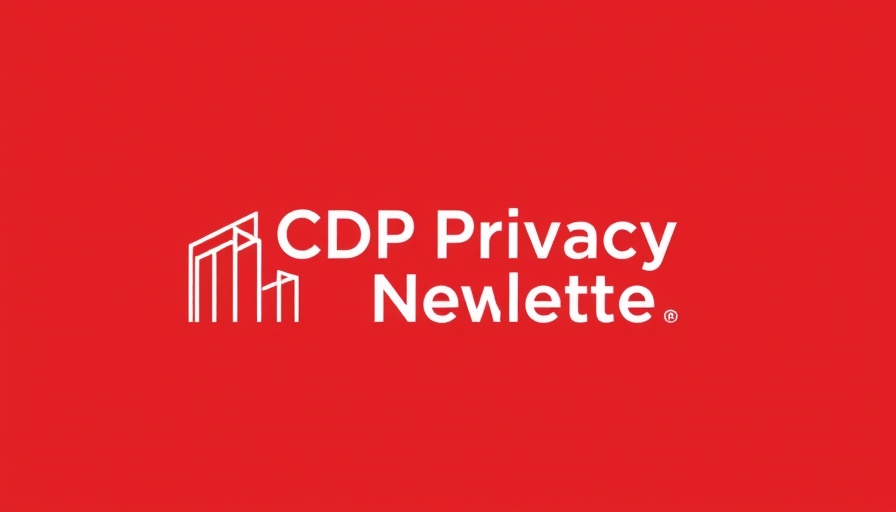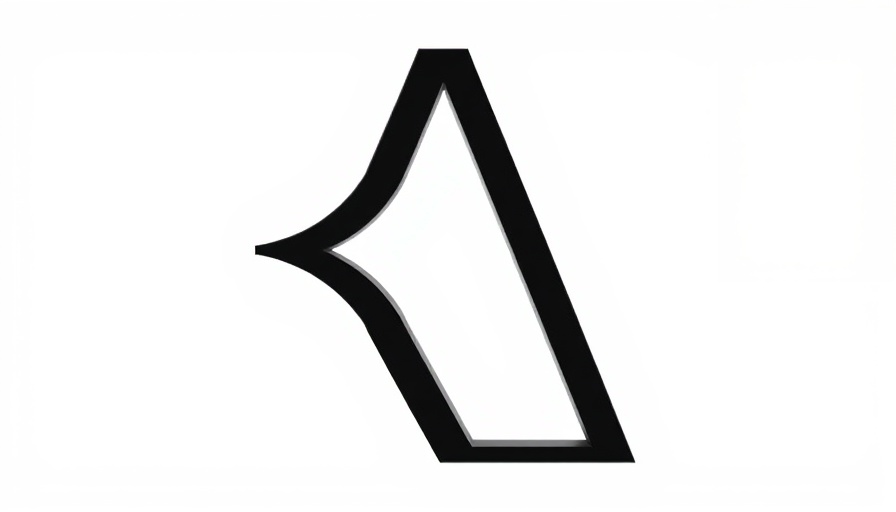
Protecting Your Child's Digital Space
In today’s digital age, ensuring the safety and privacy of children online is not just a concern, it's a necessity. With an overwhelming amount of educational technology (edtech) options available, parents need to be vigilant about who has access to their children's personal information. Emerging standards, such as the Common Sense certification, aim to provide transparency and promote the highest levels of privacy protection for children's data.
The Importance of the Common Sense Certification
The Common Sense certification serves as a beacon for parents navigating the edtech industry. This certification signifies that a product meets stringent criteria for respecting children’s privacy and safeguarding their personal information. As parents become more knowledgeable about digital tools and technology, knowing which apps and platforms are certified can help them make informed choices that align with their values.
Understanding Children’s Privacy Rights
Children's privacy rights have evolved significantly with the introduction of laws like COPPA (Children’s Online Privacy Protection Act). These laws specifically protect children under the age of 13 from the unauthorized collection of personal information. The Common Sense certification aligns with these regulations, ensuring that companies are not only compliant but are also embracing best practices in data usage and transparency.
Fostering a Safe Digital Environment
As a parent, fostering a safe digital environment starts with education. Discussing the importance of privacy and how to practice it online can empower children to understand their digital footprint. Parents can engage in conversations about how data is collected, shared, and used—turning these discussions into teachable moments that can enhance their child’s awareness and assertiveness online.
Real-Life Experiences and Perspectives
It’s vital to consider experiences from other parents when it comes to choosing edtech platforms. Anecdotes about unsanctioned data sharing or privacy breaches can highlight critical lessons learned. These stories encourage dialogue among parents about what to look for in digital products and the importance of aligned values between educators and families.
Future Trends in Edtech Privacy
As technology continues to evolve, so too will the discussions surrounding children’s privacy. Experts predict that we will see increased regulations and clearer guidelines around data collection in educational settings. Parents should stay abreast of these developments, as they directly impact how edtech companies operate and safeguard children’s information.
Actionable Steps for Parents
Empower yourself and your children by taking a proactive approach to privacy. Begin with these actionable steps:
- Research and choose apps that have the Common Sense certification, ensuring they prioritize data privacy.
- Engage your children in discussions about online privacy and data safety.
- Utilize parental controls to monitor and manage your child’s online presence.
Conclusion: Building Trust in Edtech
In a rapidly changing digital landscape, gaining trust in the tools we use for our children's education is paramount. By prioritizing companies and products that are committed to securing children's privacy through certifications like Common Sense, parents can help cultivate a nurturing and safe online experience for their kids. Remember, being an informed parent today sets the foundation for your child’s ability to navigate the digital world responsibly tomorrow.
 Add Row
Add Row  Add
Add 




 Add Row
Add Row  Add
Add 

Write A Comment